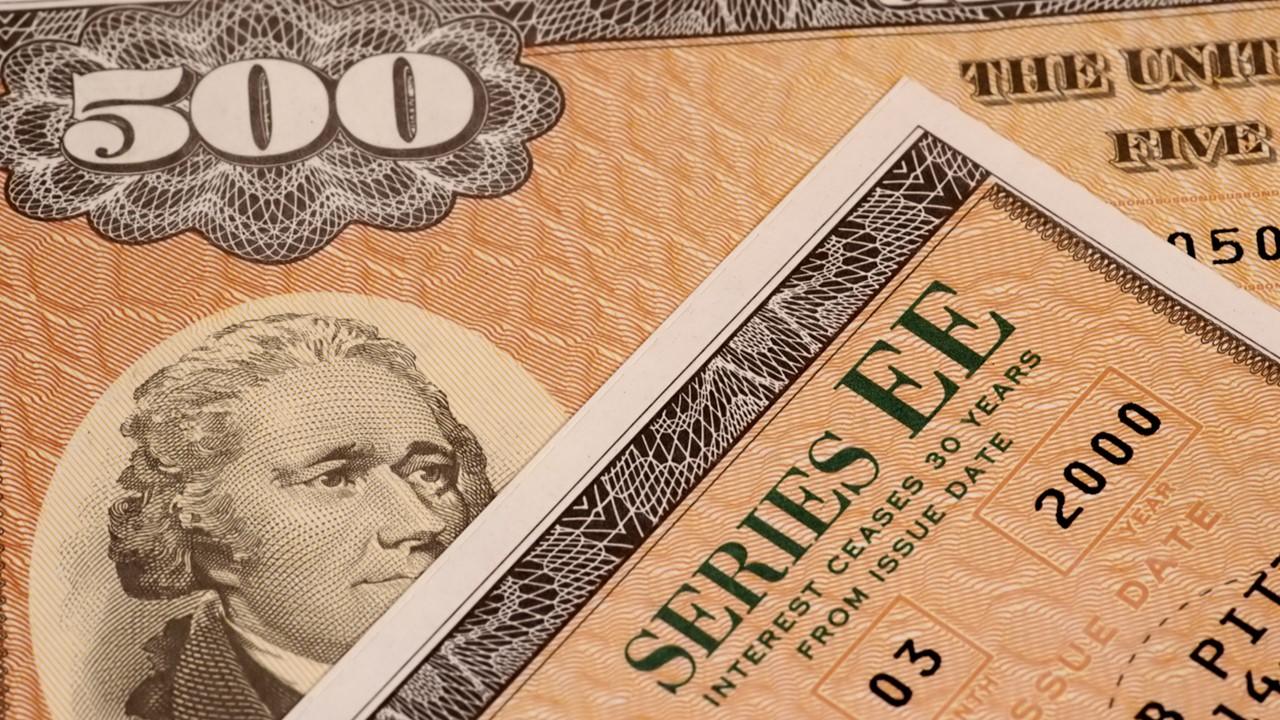Where To Cash Savings Bond - For many people, investing in savings bonds is a way to secure a financial future. However, at some point, you may need to cash in those bonds. Cashing in savings bonds can be a straightforward process, but it's important to understand your options and the requirements involved. In this post, we'll take a look at some tips and ideas for cashing in savings bonds, including how to cash in bonds of a deceased parent and where to cash them in.
Cashing Savings Bonds: Tips and Ideas
Cash Them In at a Bank or Credit Union
The easiest way to cash in savings bonds is to take them to a bank or credit union. Most banks will cash in savings bonds for customers free of charge. However, not all banks will cash in savings bonds. You will need to call ahead and verify that your bank or credit union will cash in your savings bonds.

Cashing Savings Bonds of a Deceased Parent
Cashing in savings bonds that belonged to a deceased parent can be more complicated. The process will depend on how the bonds were registered. If the bonds were registered solely in the name of the deceased parent, you will need to provide a certified copy of the death certificate and any relevant estate documents. If the bonds were registered jointly, then you can simply show proof of death and provide identification.

Electronic Transactions
Many banks and credit unions also offer the option to cash in savings bonds electronically. This can be a convenient option if you're unable to visit a bank in person. Electronic transactions usually require you to have an account with the bank, so you'll need to make sure the bank offers this service and that you have an account with them.

Requirements for Cashing in Savings Bonds
Identification
The primary requirement for cashing in savings bonds is identification. You will need to show a valid government-issued ID, such as a driver's license or passport. Some banks may also require you to provide additional identification, such as a social security card or a utility bill, to verify your identity.

Known Owner
You'll need to be listed as the owner of the savings bond in order to cash it in. If the bond is in the name of a deceased parent, you'll need to provide the necessary documentation to prove that you are the rightful heir or executor of the estate.
Age of Savings Bond
The age of the savings bond can impact how much you can cash it in for. If you cash in a savings bond that's less than five years old, you'll forfeit three months of interest. If you cash in a bond that's more than five years old, you won't lose any interest.
Interest Rates on Series EE and I Savings Bonds Increased in May
It's worth noting that the interest rates on series EE and I savings bonds increased in May. EE bonds issued from May 2021 through October 2021 will earn an annual rate of 0.10%, up from 0.01% for bonds purchased in November 2020 through April 2021. Meanwhile, I bonds issued from May 2021 through October 2021 will earn a composite rate of 3.54%, up from 0.00% for bonds purchased in November 2020 through April 2021.

Conclusion
Cashing in savings bonds can be a relatively easy process if you understand your options and the requirements involved. Whether you choose to cash in your bonds at a bank, credit union, or electronically, make sure you have the necessary identification and documentation to prove your ownership. And if you're cashing in bonds of a deceased parent, be prepared to provide additional documentation to verify your status as the rightful heir or executor of the estate.
Find more articles about Where To Cash Savings Bond